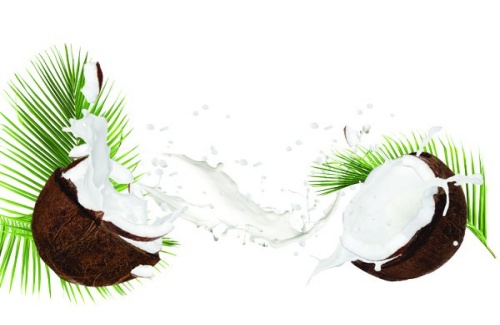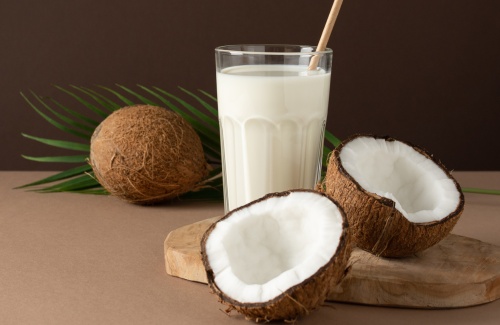- Home
-
Products
Emulsifier List
- Application
- Gallery
- News
- Blog
-
About Us
About Us
- Contact Us










